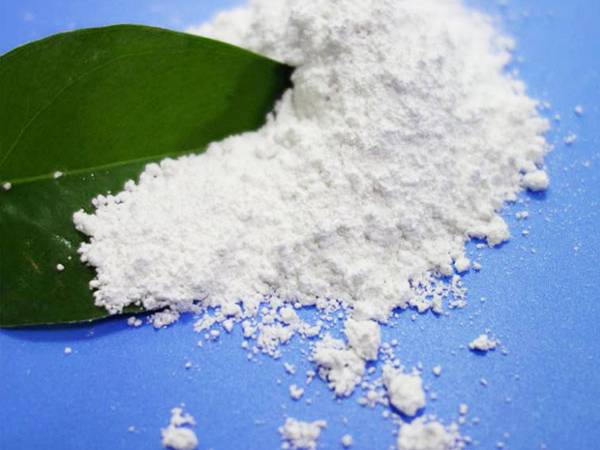



Chemical Approaches for Effective Effluent Treatment and Management Strategies
Understanding Effluent Treatment Chemicals Their Importance and Applications
Effluent treatment is a critical process in maintaining environmental integrity and public health, particularly in industries that generate wastewater. The term effluent refers to the outflow of water or other substances from a treatment facility. This wastewater can contain a variety of pollutants, making it imperative to employ effective treatment methods to ensure compliance with environmental regulations and to protect ecosystems. One of the key components of effluent treatment is the use of specific chemicals designed to facilitate the removal of contaminants. This article aims to explore the types of effluent treatment chemicals, their applications, and their importance in wastewater management.
Types of Effluent Treatment Chemicals
Effluent treatment chemicals can be broadly categorized into several groups based on their function
1. Coagulants These chemicals help in the aggregation of suspended particles in wastewater, making them easier to remove. Common coagulants include aluminum sulfate (alum), ferric chloride, and polyaluminum chloride. They assist in forming larger flocs that can settle more quickly during sedimentation processes.
2. Flocculants Often used in conjunction with coagulants, flocculants promote the clumping of particles, enhancing the settling process. Polyacrylamide is a widely used flocculant that aids in the removal of silt, clay, and organic matter.
3. pH Adjusters The pH level of effluent significantly affects the efficiency of various treatment processes. Chemicals like sulfuric acid or sodium hydroxide can be used to adjust the pH to an optimal level, ensuring that coagulants and flocculants work effectively.
4. Disinfectants To eliminate pathogens and harmful microorganisms, disinfectants such as chlorine, ozone, and ultraviolet (UV) light are commonly employed in effluent treatment. These agents are crucial in ensuring that treated effluent is safe for discharge into the environment.
5. Defoamers In some cases, wastewater treatment processes can produce excessive foam, which can hinder operations. Defoamers help reduce foam formation, ensuring smoother and more efficient treatment processes.
effluent treatment chemical

6. Nutrient Removal Chemicals In systems that require the removal of nutrients such as nitrogen and phosphorus, specialized chemicals can be used. For example, aluminum sulfate not only serves as a coagulant but can also aid in phosphorus removal by precipitating it out of the solution.
Importance of Effluent Treatment Chemicals
The use of treatment chemicals is essential for several reasons
- Environmental Protection By effectively treating effluent, these chemicals help prevent pollution of waterways and groundwater. This is critical for protecting aquatic life and maintaining biodiversity.
- Public Health Properly treated effluent minimizes health risks associated with contaminated water sources. This is particularly important in preventing waterborne diseases that can arise from untreated wastewater.
- Regulatory Compliance Industries are required to meet specific standards set by environmental protection agencies. Utilizing the right treatment chemicals helps facilities comply with these regulations, avoiding legal penalties and contributing to sustainable practices.
- Resource Recovery In addition to treating wastewater, certain chemicals can facilitate the recovery of valuable resources, such as nutrients that can be repurposed as fertilizers. This not only promotes sustainability but also provides economic benefits.
Conclusion
Effluent treatment chemicals play a vital role in the management of wastewater, particularly in industrial settings. Their diverse range of applications—from coagulants and flocculants to disinfectants and nutrient removal agents—ensures that effluent is treated effectively before being discharged. The importance of these chemicals cannot be overstated; they are integral to protecting the environment, safeguarding public health, ensuring regulatory compliance, and enabling resource recovery. As industries continue to evolve and environmental challenges intensify, the formulation and application of effluent treatment chemicals will undoubtedly remain a cornerstone of sustainable water management practices. By understanding and effectively utilizing these chemicals, we can advance our efforts toward responsible wastewater management and environmental stewardship.
-
Why Sodium Persulfate Is Everywhere NowNewsJul.07,2025
-
Why Polyacrylamide Is in High DemandNewsJul.07,2025
-
Understanding Paint Chemicals and Their ApplicationsNewsJul.07,2025
-
Smart Use Of Mining ChemicalsNewsJul.07,2025
-
Practical Uses of Potassium MonopersulfateNewsJul.07,2025
-
Agrochemicals In Real FarmingNewsJul.07,2025
-
Sodium Chlorite Hot UsesNewsJul.01,2025










